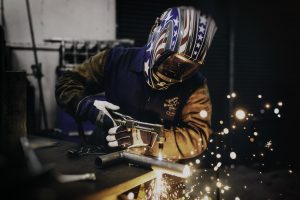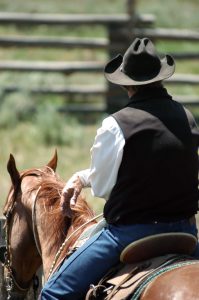
It used to be that a college education meant something significant. It was a chance to change your life in great stride, and many farmers and farm businesses saw an exodus of their own children from the family business towards the path of college enlightenment. However, with today’s education and career system being apparently over saturated; college can be merely another lame stepping stone towards the not so lucrative path of unemployment.
 A college degree, though a practical and important device, can often become useless if not applied correctly. Many people tend to go to school, with the limited understanding that a simple degree in a general area with no other experience or job training is all they need to have in order to become successful.
A college degree, though a practical and important device, can often become useless if not applied correctly. Many people tend to go to school, with the limited understanding that a simple degree in a general area with no other experience or job training is all they need to have in order to become successful.
More and more employers are feeling this attitude, as they refuse more and more college graduates job openings because they lack experience, though may still have a degree all the same. But the education machine in the US has an agenda of course, and that agenda is to raise money for their private institutions at times regardless of practical application. It’s not an evil agenda; it is just a practical one.
But where does this leave the much needed labor market in technical or trade areas as it relates to the Ag Industry?
For years the farm labor force has been in decline, and that is not solely the physical labor force of field workers. No, this trend is affecting a vast majority of related fields that are actually quite lucrative. Take professions that don’t necessarily call for a college degree, but you can learn through a trade school or apprenticeship, such as welding, pesticide application, diesel mechanic, veterinarian, vet tech, equipment operators, book keepers, and so many more. These are applications in the science, math, and engineering fields that are often over looked when you think about Ag business, because people have their own stereotypes they want to consider. But all these fields and others are in need. They need more labor, more qualified help, more interest in apprenticeship, and they are struggling to keep up.

Farmers may not seem like it, but they are at the vanguard of technological innovations for safety, food technology, mechanical engineering, water management, conservation, bio-engineering, and the modern networked internet itself. Tech companies such as Google and Facebook have even worked in rural farm towns, with facilities side by side with farms, in order to explore the possibility of providing internet access to farm communities around the globe, and information sharing tech has been an industry that continuously is being developed with rural farmers in mind.
Another big dilemma is the misconception people have in believing that all Ag related or Farm related jobs are low skill or better left to physical laborers. This is a cliché we are all familiar with, and some take serious offense to it. The truth is, Agriculture has always offered and will continue to offer some of the best advances in technological innovation and job growth. From the invention of the John Deere plow all the way up to the development of autonomous farming machines, agriculture has a variety of fields to choose from for a lucrative future career.
 You may not think it in looking at most farmers, to see them almost as modern day renaissance men and woman, providing not just technical innovations, but also contributing to the arts and politics of today. But these men and women that help put safe, nutritious, a life giving food on our plates truly are innovators and leaders with bright futures ahead.
You may not think it in looking at most farmers, to see them almost as modern day renaissance men and woman, providing not just technical innovations, but also contributing to the arts and politics of today. But these men and women that help put safe, nutritious, a life giving food on our plates truly are innovators and leaders with bright futures ahead.
However, there still needs to be some level of practical understanding with trade skill learning, similarly with general college degrees. You must choose the path that is best suited to you, and just as with any field, no matter the level of education you start with, you should not assume to start on the top. Many of these professions available are proud guilds of professionals and they respect the apprenticeship approach to education.
By Charles A Hice
Chief Editor Ag Expo Magazine
contact: cahice@agexpomag.com
